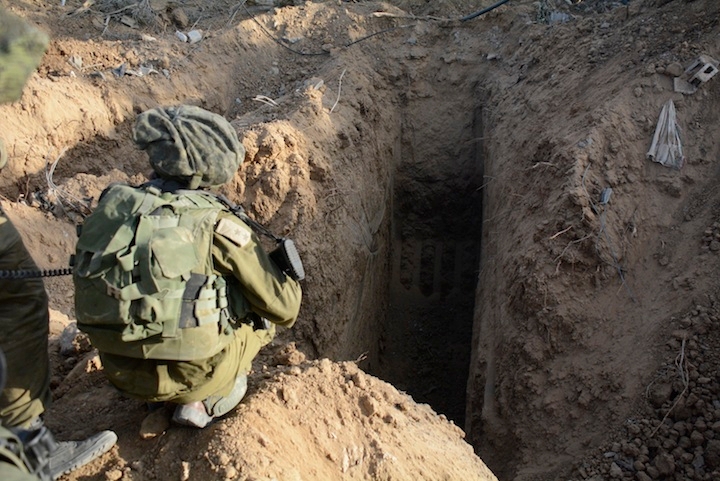JERUSALEM (JTA) — Israel observed a 12-hour humanitarian cease-fire and agreed to continue it for an additional 24 hours until Sunday evening.
The cease-fire, during which Gazan Palestinians were able to restock food and other necessities, lasted from 8 a.m. to 8 p.m. on Saturday.
Israel agreed to a further four-hour extension of the cease-fire until midnight and the security Cabinet on Saturday also reportedly approved a further 24-hour extension of the humanitarian cease-fire. Both cease-fire extensions were rejected by Hamas.
Following the 8 p.m. end of the original cease-fire, rockets were fired at Ashkelon and Tel Aviv. Hamas took credit for the rocket fire
During the cease-fire, the Israel Defense Forces continued operational activities to locate and destroy tunnels in Gaza, the IDF said in a statement.
Israel’s security Cabinet had originally rejected the truce because it did not allow Israel adequate means to demolish Hamas’ tunnel system.
Israel announced the deaths of several more soldiers over the weekend, including two soldiers who died of wounds sustained earlier in the week, bringing the IDF death toll in Operation Protective Edge to 42.
Hamas’ military wing reported on Twitter that the death toll in Gaza had risen to 1,046, and that nearly 6,000 had been injured so far during the operation.
Meanwhile, left-wing activists protested in Tel Aviv’s Rabin Square on Saturday evening, calling for an end to the operation in Gaza and for new peace negotiations with the Palestinians. A counter-demonstration by right-wing activists was held at the same site.
The demonstrations were broken up by police shortly after they began, when rockets again were fired at Tel Aviv at the end of the cease-fire.
U.S. Secretary of State John Kerry on Saturday addressed the possibility of a longer cease-fire following a meeting with the Foreign Minister of Turkey Ahmet Davutoglu and the Foreign Minister of Qatar Khalid Attiyah, at the American Embassy in Paris.
“I understand that Israel can’t have a cease-fire in which they are not able to — that somehow the tunnels are never going to be dealt with. The tunnels have to be dealt with. We understand that; we’re working at that,” Kerry said. “By the same token, the Palestinians can’t have a cease-fire in which they think the status quo is going to stay and they’re not going to have the ability to be able to begin to live and breathe more freely and move within the crossings and begin to have goods and services that come in from outside.”
JTA has documented Jewish history in real-time for over a century. Keep our journalism strong by joining us in supporting independent, award-winning reporting.






